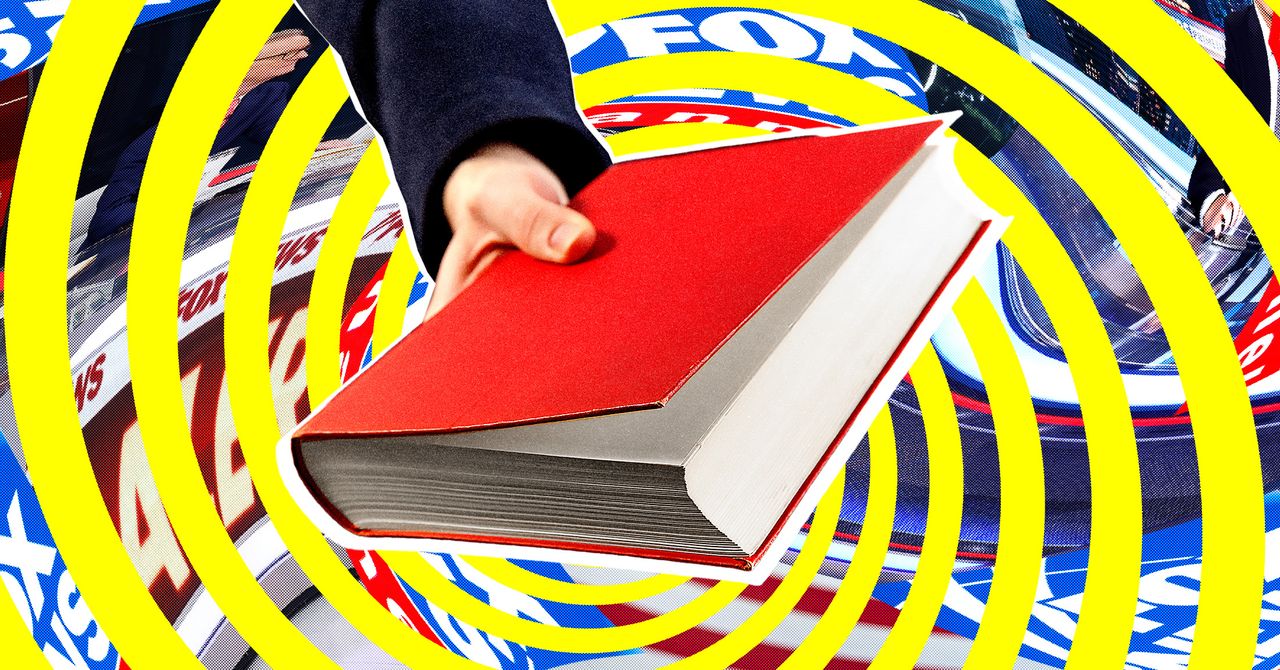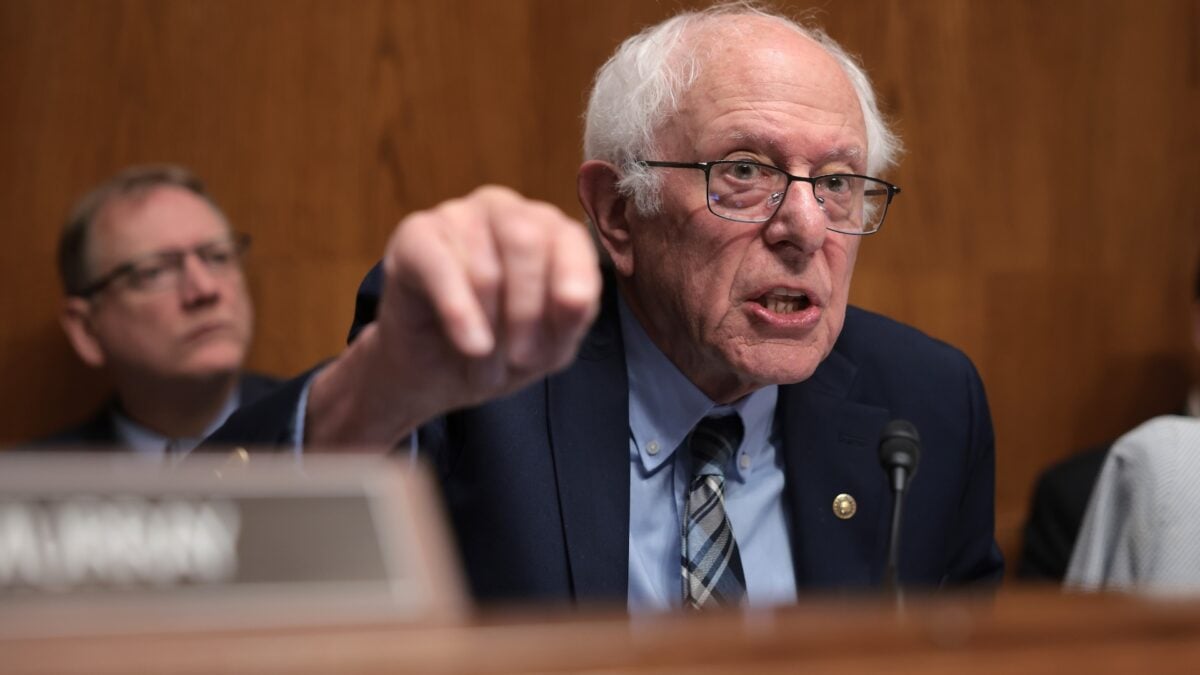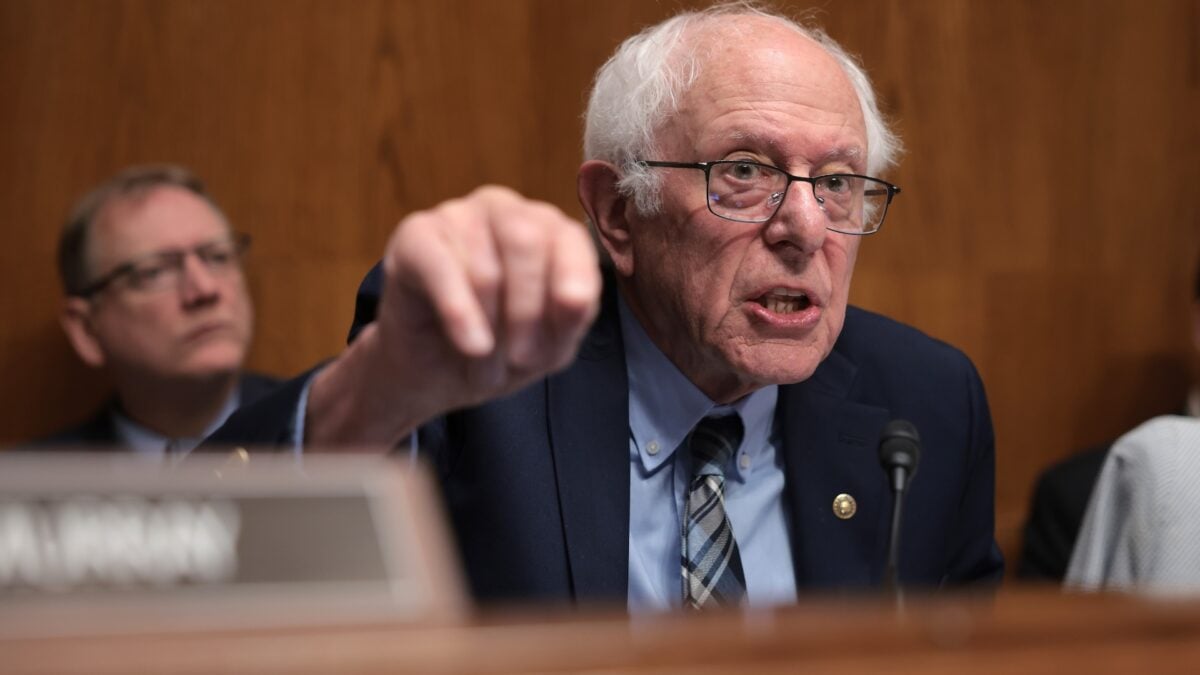Deprogramming MAGA Parents Through Book Clubs

Valeen Heinle, a 38-year-old Democrat from Denver, came up with the idea of starting a book club during a heated argument with her Trump-supporting father. Their disagreement revolved around many contentious subjects including Israel’s war in Gaza and its impacts, Covid-19, climate change, and political issues such as the 2020 election results and the Capitol riot of January 6. Consequentially, Valeen saw starting a book club as a potential bridge to understanding after a particularly distressing exchange on the Gaza conflict left her in tears.
Frustrated with her father's reliance on information from social media and partisan news sources, Valeen proposed a deal. In an Instagram message, she suggested that if he read three carefully selected books that challenged his existing views, she would attend church for a month, understanding that her father valued her spiritual obligations as much as she cared about his enlightenment.
Her attempt is not isolated. Many, like her, recount on Reddit their strained relationships with Trump-supporting parents, drawing parallels between these followers and cult members. They aim to gently deprogram their loved ones by suggesting literature that can facilitate a broader perspective, hoping to encourage reflection and dialogue beyond entrenched beliefs.
Despite the difficulty of convincing entrenched individuals to embrace potential changes through reading, some have found solace in choosing non-combative literature that aligns with their parents' interests. Suggestions have ranged from historical accounts to fantasy novels that subtly embed progressive values, avoiding abrasiveness while still informing.
Steven Hassan, a renowned cult expert, advocates maintaining warmth and patience while facilitating this difficult reawakening process. He emphasizes the futility of confronting loved ones directly with facts or logic, which only serves to reinforce their camaraderie with the contentious ideology. Instead, Hassan insists on asking insightful questions that promote self-reflection, offering a gentle reminder of the person's identity before ideological entrenchment.
For others, however, the rupture with family is too profound to repair. Political schisms have accounted for about 20% of familial estrangements, as studies point out. Valeen, however, remains hopeful for reconciliation, recognizing the impact books have in challenging preconceived ideas.
She has suggested that her father read three books: The Hundred Years’ War on Palestine, Jesus and John Wayne, and Poverty, by America. Valeen aims to reforge their bond not only as a father and daughter but also as independent thinkers longing for genuine connection amidst societal divides.


